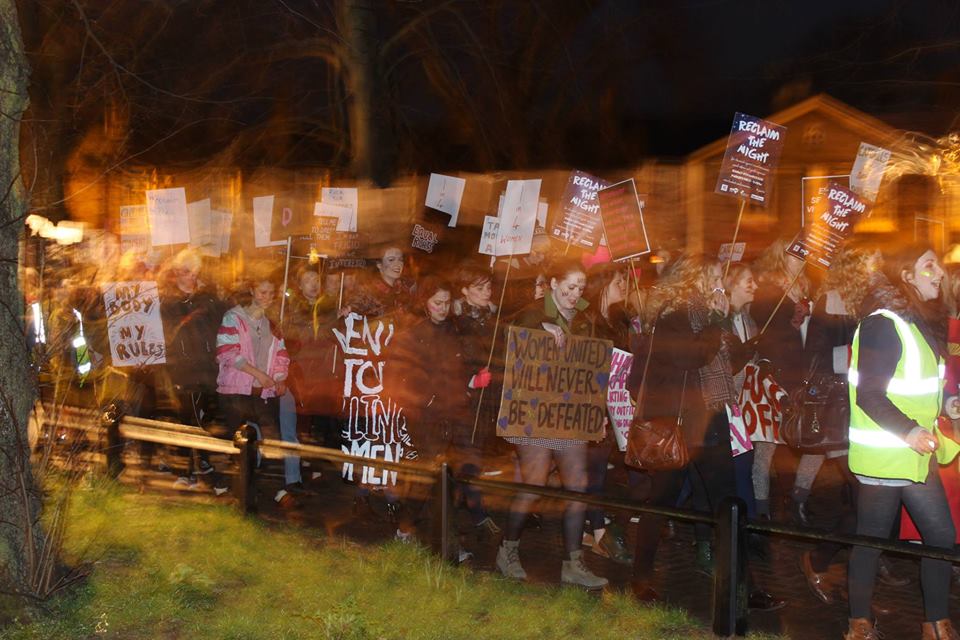
YEATES DEBATES: Why can’t Cambridge students handle opinions?
‘Opinions’ looks like ‘onions’. Both can make you cry.
During my time at Cambridge – from trying my hands at the Union, to making bad choices in Gardies and to being Editor of The-oh-so-infamous Tab – I’ve gathered an opinion or ten along the way.
As is Cambridge’s double-standard game of students believing that their opinions are gold, so many students turn to accuse, attack, and self-declare victimisation when others don’t agree with them. During my time at The Tab I’ve been accused of not being a “real” gay man because I don’t like rainbows, and had my own mental health issues explained to me by those with “more important suffering”. Cambridge’s farcical obsession with oppression Olympics makes it no surprise that people can feel scared by the opinions of others.
For the less vocal student, campaigns in Cambridge must seem intimidating. It can be easy to be scared to express your opinion if it’s not the prevailing view of your college or group, because there’s the likelihood you’ll be shouted down. Not only this, but Cambridge students are more often than not, too scared to engage with the opinions of those who disagree with them.

Social media has become the new picket line.
Cambridge students so rarely express their opinions – which they’ve usually conned from the Internet – beyond passive aggressive Facebook statuses, bitchy Twitter threads, or gossip grounded on nothing. Fleeing to hide behind all-too-sweeping phrases such as “You contribute to X discourse” or “You’re a figure of Y narrative” has become frustratingly commonplace. When accused of being “snowflakes”, students attack the term for its lack of nuance, but ironically refuse to offer any substantial defence that goes further than indignant flustering.
Those who are scared that ignorant opinions are a source of oppression should realise that ignorance is not reason enough to silence opinion. Take, for instance, the dazzling ignorance of the Varsity journalist who recently attacked the Union’s female President, Vice President and Speakers Officer for the term-card’s gender balance: “maybe the women at the Union don’t feel that sexism affects them personally.” What sweepingly presumptuous sensationalism. And that’s coming from a past Tab Editor. Opinions like this help us differentiate from the more informed ones.
2016 catalysed the debate about student sensitivity. Students have pushed for Trigger Warnings to head our reading lists as well as timelines, the Brexit result and Trump victory have tested both sides of the political spectrum to their limit, and safe spaces have become to millennials what Fez nights are to Cantabs – totally popular for no well-defined reason except others tell you they’re the place to be.

If you don’t like what an opinion’s selling, don’t go buying.
When used properly, safe spaces are undeniably important for mental health, minority groups, and discussions which need un-prejudiced support. Negative accusations of safe spaces as being echo-chambers are more often than not useless. What do you expect? They’re filled with like-minded people in similar situations. The problem is that too many people think safe-spaces are exempt from external scrutiny, and that as soon as you invoke a “safe space”, somehow that shields you from any repercussions in the outside world.
The exposé of the CUSU-branded drug ring last year comes to mind: a safe space which went to whatever lengths it saw fit to ensure the ‘safety’ of its members by trading prescription drugs. So where is the line drawn? What if we were to flip the logic and extremists got together and announced their own “safe space” group? “But they’d be illegal Oliver!” Well, I’m reminded of a comment made in the WomCam self-help group that pointed out there’s a “strong possibility that it is illegal to do this”. I digress. I sip my tea.
Let’s move on to a society like the Union. People who are afraid that the opinions of its speakers can oppress an entire student body are imagining an ego-of-influence the Union not only doesn’t have, but also doesn’t aim to have. Unlike the groups attacking them, they have never once claimed to be representative of all. It cares for its paying members, 76.9% of whom voted for Julian Assange to speak last Michaelmas, despite the supposed “majority” he was oppressing.

Much safe, very space. (T&Cs apply)
So to those who are the loudest in their idealist protectionism, just who exactly is it that you claim need defending? The opinions of the loudest few lay claim over the many, and words like “conversation”, “dialogue” and “debate” are thrown out the window. And, unless you’re a deluded idealist, there simply cannot be a safe space that accommodates all. “SOMEONE DOESN’T HAVE THE SAME VIEW AS ME AND I CAN’T ARGUE WITH THEM BECAUSE THEY DON’T APPRECIATE MY NUANCE”. Something called ‘the real world’ comes to mind.
Opinions, literally, cannot oppress you – only the unacceptable actions which some opinions incite can. Too often, students skip to assuming the latter will always walk hand in hand with the former.
But my opinion is just one of many. And will I care if your opinion of my opinion about student opinion is bad? Almost certainly not. I just expected Cambridge students – whether talking in the buttery, or writing an article – to be more willing to test their opinions against each other.









































